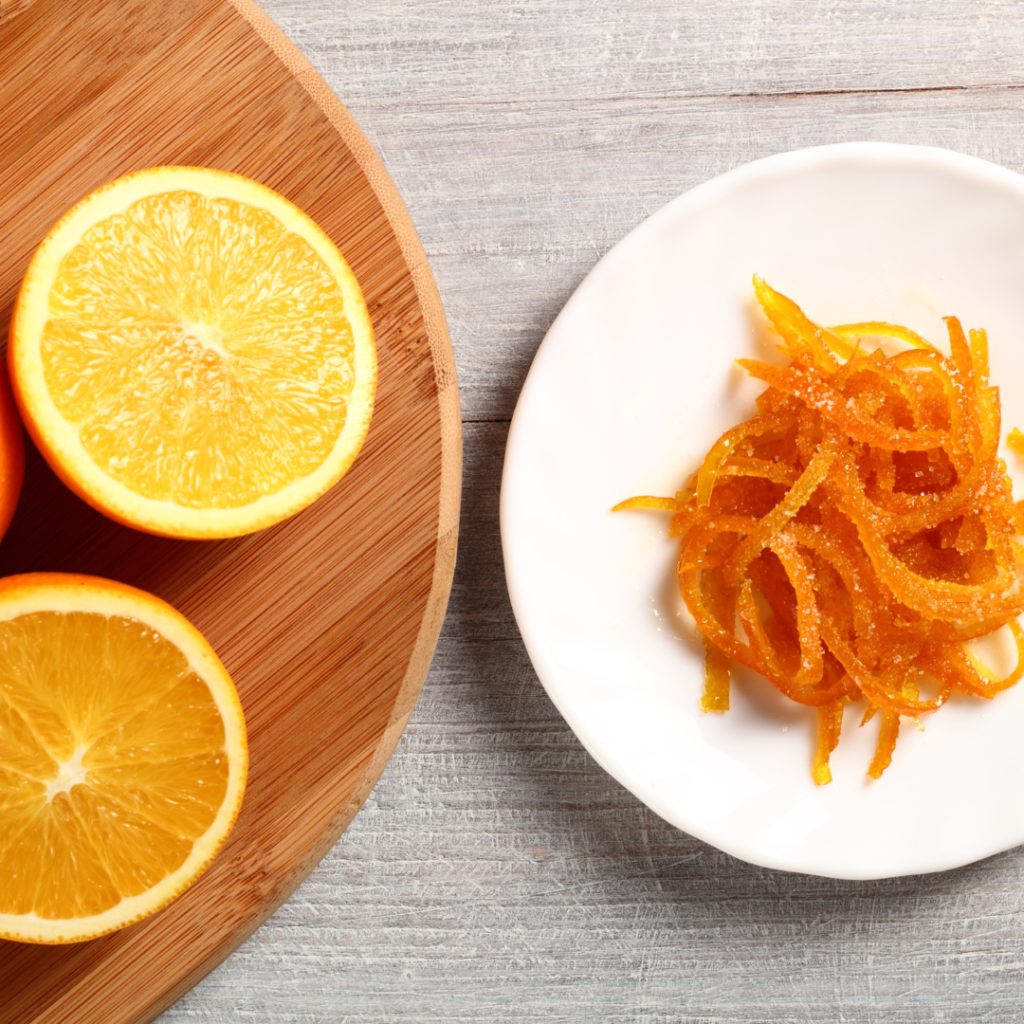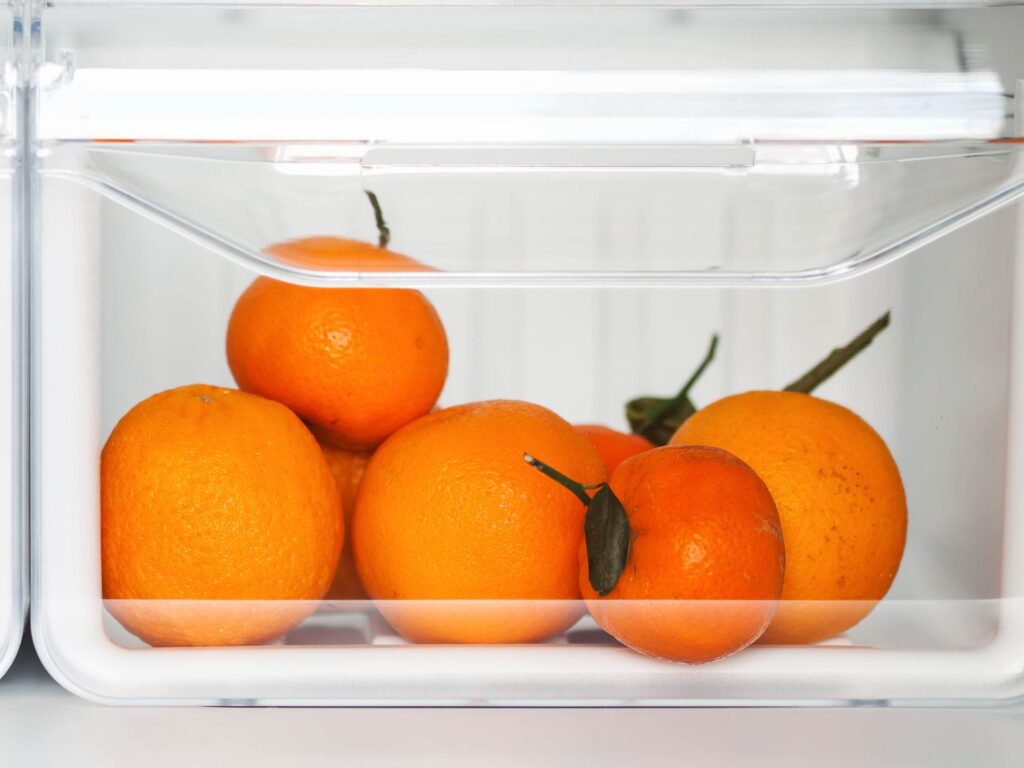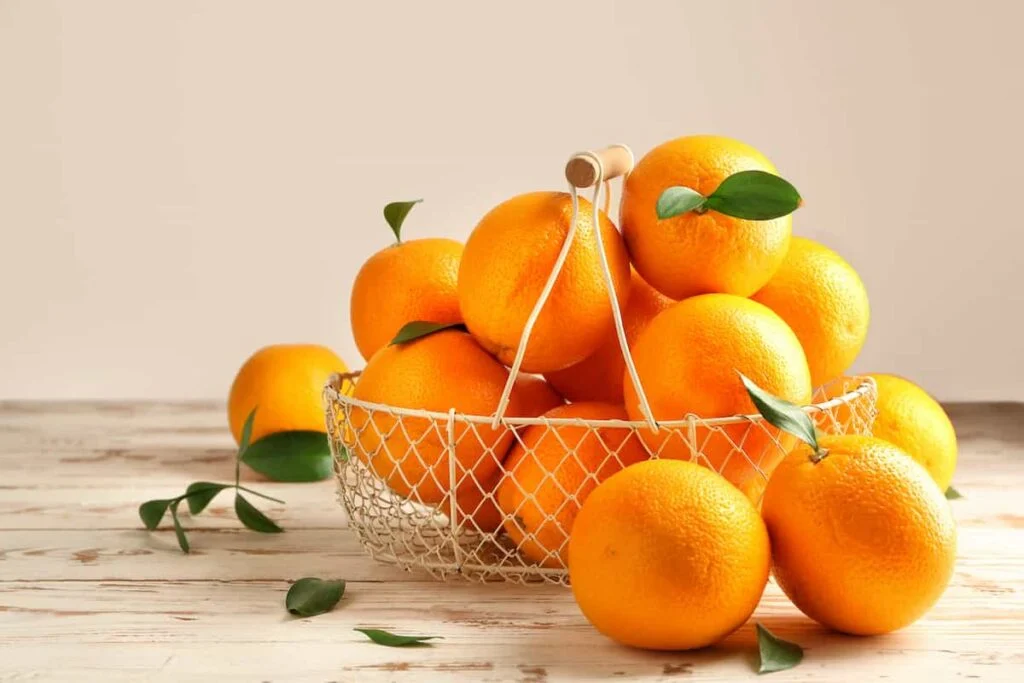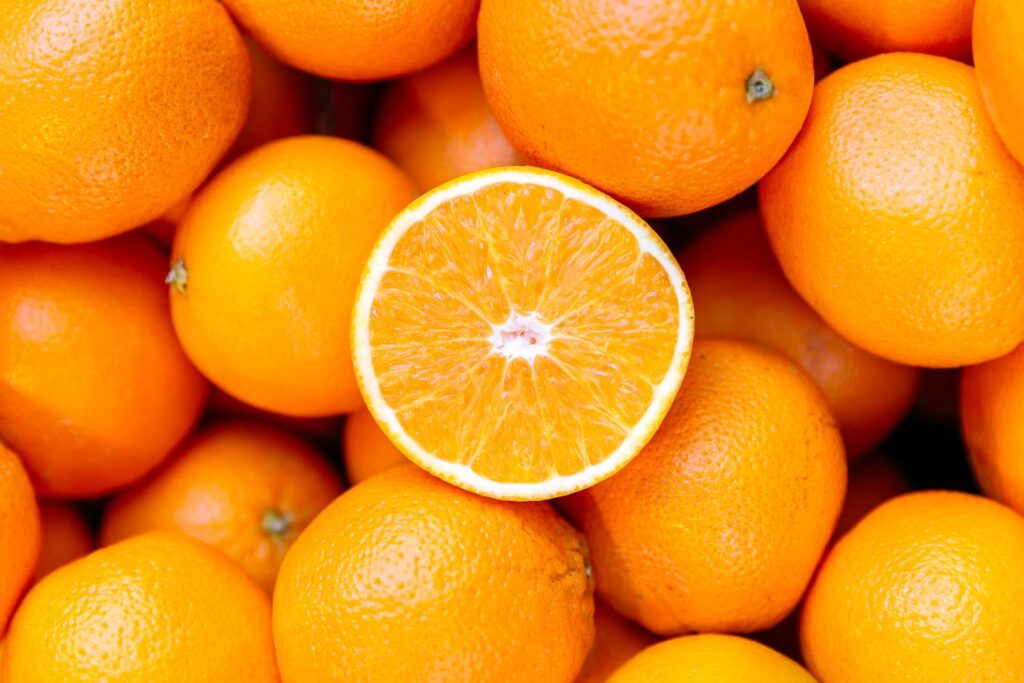Oranges are a beloved fruit around the world, known for their vibrant color, zesty flavor, and rich juice content. Whether you enjoy them fresh, as a snack, or squeeze them into a glass of refreshing juice, one thing is certain — a juicy orange is a perfect orange.
However, not all oranges stay juicy for long. Improper storage can cause them to dry out, lose flavor, and even spoil faster than expected. The good news is that with a few smart techniques, you can keep your oranges plump and bursting with juice for weeks — without using any chemicals or non-veg preservation methods.
In this comprehensive guide, we’ll explore everything you need to know about how to store oranges to maintain their maximum juiciness, freshness, and taste.
Why Oranges Lose Juice Over Time

Like most citrus fruits, oranges begin to lose moisture soon after they’re harvested. The longer they sit in warm or dry environments, the more they:
- Dehydrate internally, shrinking juice sacs
- Develop dry spots under the peel
- Lose sweetness and aroma
- Become spongy or soft to the touch
The secret to preserving juiciness lies in controlling temperature, humidity, and air exposure.
Step 1: Choose the Right Oranges

Before we talk about storage, it’s important to start with high-quality, fresh oranges.
Look for:
- Firm skin with slight give when squeezed
- Bright, uniform color
- Heaviness for size (heavier oranges usually have more juice)
- Tight, thin skin (indicates juiciness)
- No soft spots, mold, or blemishes
Avoid oranges that feel light, puffy, or have dry or dull peels — these may already be losing moisture.
Juicy Varieties to Look For: Valencia, Navel, Blood Orange, Cara Cara, Hamlin
Step 2: To Wash or Not to Wash?

Don’t wash oranges before storing.
Moisture trapped under the peel or in small scratches can promote mold and premature spoilage.
Do wash before use.
Rinse with clean water and gently scrub the peel to remove any pesticide residue or dirt, especially if you’re juicing.
Step 3: Store Oranges at the Right Temperature

Temperature is the biggest factor that affects how long your oranges will stay juicy and fresh.
Refrigeration (Best for Long-Term Storage)
If you’re not planning to eat your oranges within a few days, the refrigerator is your best friend.
- Store in the fruit/vegetable crisper drawer at 3–8°C (37–46°F)
- Keep them loose, not in sealed plastic bags (or use mesh produce bags)
- Make sure the air can circulate to prevent mold
- Ideal humidity: 85–90%
Shelf Life in Fridge:
Up to 3–4 weeks with full juiciness retained
Tip: Separate older oranges from newer ones to keep track of freshness.
Room Temperature (For Short-Term Use)

If you plan to consume your oranges within 3 to 7 days, you can safely store them at room temperature.
- Keep them out of direct sunlight
- Store in a cool, shaded spot (like a pantry or countertop)
- Use a fruit basket with ventilation
Shelf Life at Room Temperature:
5–7 days before juice content starts to decline
Step 4: Humidity Matters
Oranges, like all citrus fruits, need a humid environment to retain their juice content.
- Too dry = rapid dehydration
- Too humid = risk of mold
If your refrigerator is too dry:
- Add a slightly damp paper towel to the storage drawer (not touching the oranges directly)
- Or use a reusable produce storage bag that helps regulate moisture naturally
Step 5: Best Storage Methods for Juiciest Oranges
Method 1: Mesh Bags or Perforated Plastic Bags
Store oranges in mesh or perforated bags to allow air circulation while preventing bruising.
Method 2: Crisper Drawer with Dividers
Keep oranges in the crisper drawer without stacking them too high, which can cause crushing and juice loss.
Method 3: Single-Layer Storage
Spread oranges in a single layer on a tray lined with paper towels. This prevents pressure points and allows airflow.
Step 6: Don’t Store Near Ethylene-Producing Fruits
Fruits like apples, bananas, avocados, and tomatoes produce ethylene gas, which speeds up ripening—and in the case of oranges, speeds up moisture loss and peel degradation.
Keep oranges away from:
- Apples
- Bananas
- Pears
- Melons
- Avocados
Step 7: Freezing Oranges (For Juicing Later)
If you want to store oranges long-term for juice, consider freezing them:
Option A: Freeze Whole Oranges (for zest and juice)
- Wash and dry thoroughly
- Place in freezer bags
- Thaw in fridge before juicing
Note: The texture will change, but the juice remains flavorful.
Option B: Freeze Fresh-Squeezed Juice
- Squeeze the oranges
- Pour juice into ice cube trays or silicone molds
- Once frozen, transfer cubes into freezer-safe containers
Shelf Life in Freezer:
Juice: 3–4 months
Whole oranges: 2–3 months
Bonus Tip: Freeze with pulp for fiber-rich smoothies!
Step 8: Spotting Spoilage – When to Toss
Regularly inspect stored oranges. Discard any showing signs of spoilage:
- Soft spots
- Mold
- Off smell
- Leaking or shriveled peels
Spoiled oranges can cause nearby fruits to deteriorate faster.
Creative Uses for Oranges That Are Drying Out
If your oranges have started to lose juice but are still safe to eat, get creative!
Citrus-Infused Water
Slice and add to water with mint or cucumber.
Orange Zest for Baking
Dry the peels and use the zest in muffins, cookies, or pancakes.
Homemade Orange Syrup
Simmer orange juice with a bit of sugar and lemon peel for a flavorful syrup.
Orange Ice Cubes
Freeze slices or juice in trays for iced teas or mocktails.
Summary Table: How to Store Oranges for Max Juice
| Storage Method | Best For | How to Store | Juice Retention |
|---|---|---|---|
| Room Temperature | 3–5 day use | Basket in cool, dry area | Moderate |
| Refrigerator (loose) | 2–4 weeks | Crisper drawer, breathable bag | High |
| Freezing (whole) | Zest/juice use | In freezer-safe bags | Good (after thaw) |
| Freezing (juice) | Smoothies/drinks | In cubes or freezer containers | Excellent |
Final Thoughts
Oranges are at their best when they’re juicy, flavorful, and bursting with natural sweetness. With the right selection, proper storage, and simple natural methods, you can easily preserve that refreshing juice for days—or even weeks—after you bring them home.
Whether you’re storing them in the fridge, freezing the juice for later use, or prepping them for the perfect glass of morning citrus, these all-natural tips help you avoid waste and keep your oranges tasting just like they came off the tree.
No chemicals. No non-veg preservatives. Just fresh, juicy fruit the way nature intended.





